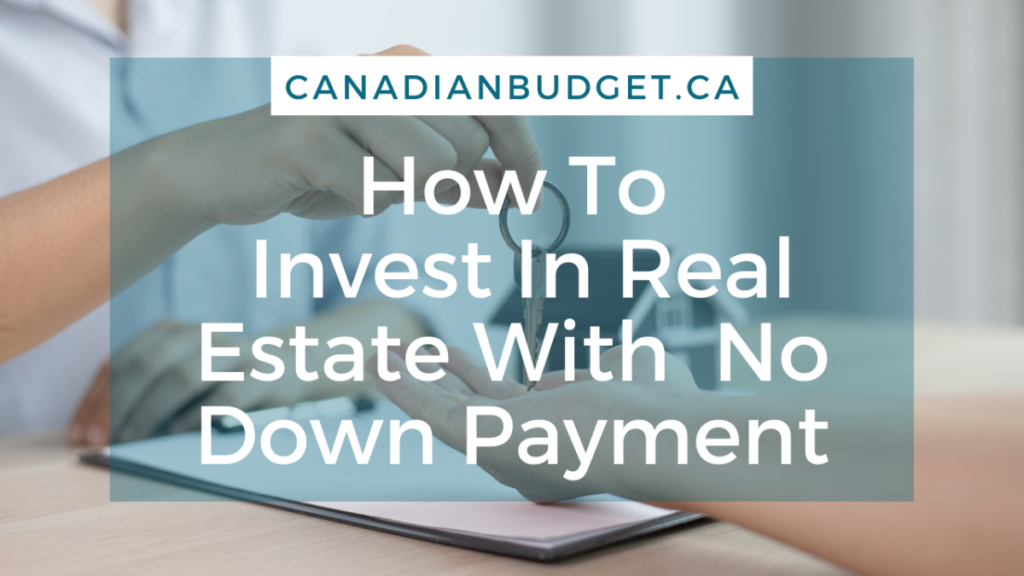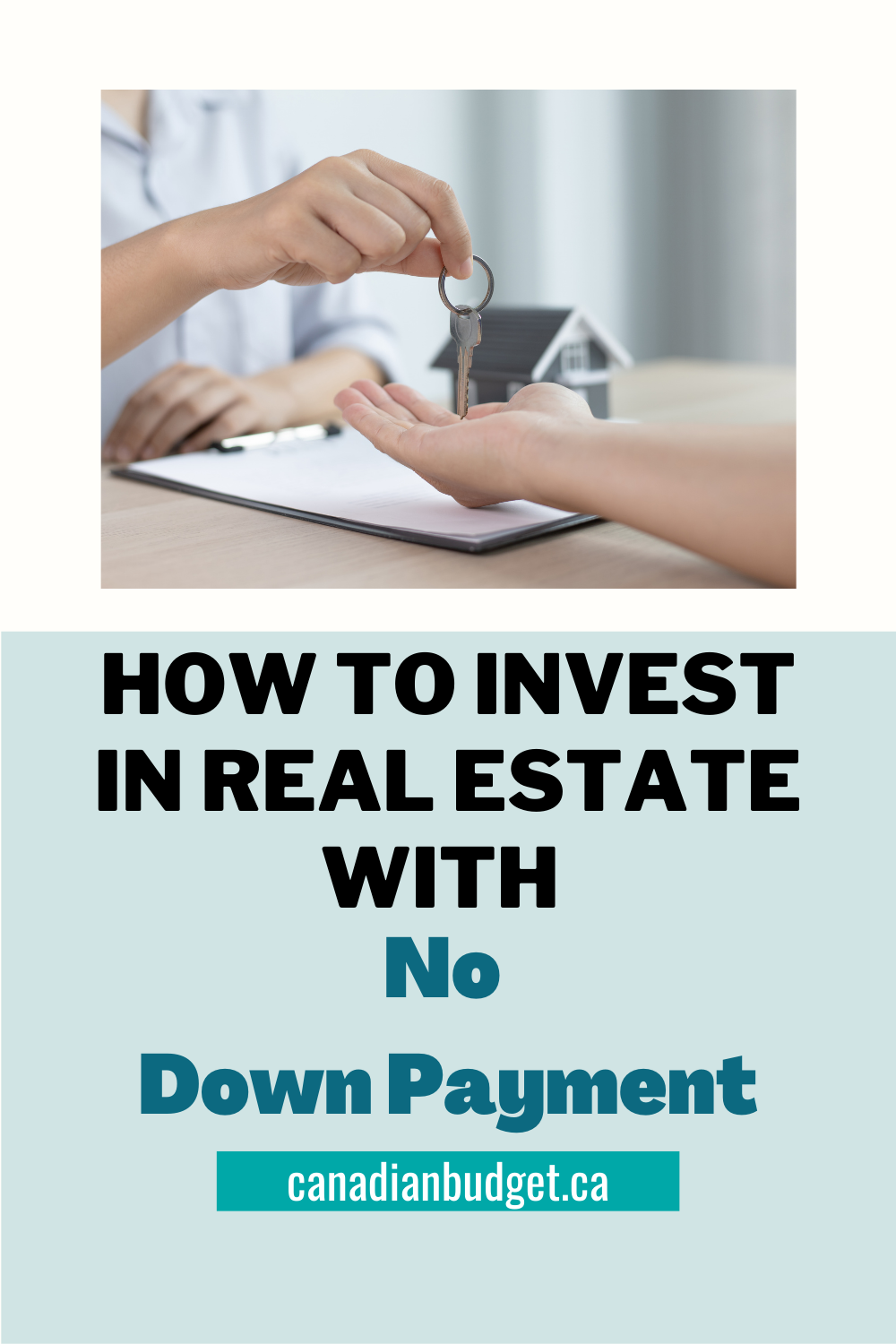Buying a home as a primary residence is usually one of the biggest purchases Canadians make. There are various ways you can learn how to invest in real estate with no down payment in Canada.
There are different options for investing for those who can afford a down payment and investing options for those who want to invest in real estate with no down payment.
Let’s dive into both!
Options That Require a Down Payment
Table of Contents
ToggleBuy A Home (Primary Residence)
Of course we all know the modern dream to own your own home. For many people it is unobtainable since there is such high demand in real estate, edging housing prices higher and higher. Our record low mortgage rates are on the rise, inflation is at its highest point in 30 years, and the average house price in Canada is up 20% in the past year. Affordability is becoming more of a challenge for millennials and younger generations to be able to afford a home.
Saving a 20% down payment is hard enough – don’t put yourself at a disadvantage by using a regular savings account that pays 0% interest. Utilizing a high-interest savings account at Neo Financial, where you will get a high every day interest rate. Much better than what a traditional bank gives, is a good way to save up for your down payment faster.
If you can afford a down payment and the grit to endure multiple offer presentations and bidding wars. You may be successful in finding a home to purchase. I went through this in 2020/21 and it was very stressful. Luckily we are now on the anniversary of one year in our first house as a family.
Not everyone has the ability to save up a full down payment. This can be a huge barrier to entry into the real estate market. So if you can’t afford the full down payment required, are you just out of luck? Maybe not.
Co-Own a Home (Primary Residence)
A new company I found called Ourboro may have the solution – Co-ownership. They go in on the down payment with you to help you reach 20% down. It’s not a loan – you don’t pay any interest, but they are taking stake in the future value of the property when you sell. What’s the catch? They believe people don’t have “forever homes” anymore, but typically live in a home for around 10 years before selling.
If you decide to live in that home longer than 10 years, you buy out their share from them. Sell before 10 years, they get their share of the fair market value (loss or gain). It’s an interesting approach that could help a lot more people get into home ownership.
Buy a Standard Rental Property
You may also consider buying a rental property as an option. You would need to come up with a down payment to purchase the house. If you have purchased a rental property, someone has to manage the tenants , the maintenance and the repairs.
Either you will act as a the landlord, or you can hire a property management company to do it for you. You either spend your time, or your money to manage the property properly, and that could cut into your profits from the rental.
Air B & B
You purchase a rental property with the sole intention of utilizing it as a short term rental/vacation rental through a site like Air B & B. The past few years a lot of Air B & B Hosts/Owners were hit hard due to the pandemic limiting travel, however, this may be turning around again and becoming more of a sustainable option.
Risks vs a standard rental are (other than a global pandemic), that you have un-booked nights or aren’t able to book your property up enough to make a strong profit. Upkeep and cleaning are required after every guest, either on your own, or you hire a service to take care of it.
House Hacking
House hacking is a way you may be able to live rent free while others pay your mortgage for you. Sound too good to be true? Picture this. You find a great property that has a few rooms you can rent out while you also live in the property. You set the rental rates for your tenants/roommates and their rent payments cover the mortgage and bills.
You would need to be able to come up with the down payment to purchase the home. This can be a way to get into the housing market, and minimize your monthly costs allowing you to save and invest more money! You are essentially acting as a live-in landlord, and will need to manage the day-to-day issues of the home. If you don’t mind living with others, this could be an option to consider.
Invest in Real Estate With No Down Payment
OK, OK, if you came here because I said you can invest in real estate with no down payment, here are more options for you. There are a number of different ways that you can invest in the real estate market these days. The below are listed from lowest barrier to entry, to highest.
Crowd-funded real estate investing
Crowd-Funded investing is a really interesting option with a super low barrier to entry. Companies co-invest in real estate with their members. Both the company and the investors make money from rents and appreciation of the sale of properties. You share in the cost & the profits.
REITS
If you prefer to invest in stocks and funds through an RRSP, TFSA or personal investment account, you can still invest in real estate this way by investing in a REIT. A REIT is a Real Estate Investment Trust. Canadian REIT’s invest in residential, industrial and commercial real estate. You can purchase a REIT from a specific company, or you can purchase a REIT ETF.
Review this post for an overview of what an ETF is. It is a good way to diversify your stock portfolio, by holding some real estate stocks or funds.
You can invest in REIT’s through a platform like Wealthsimple which offers $0 Trades on Canadian stocks. If you open and fund a Personal account on Wealthsimple trade, you can receive $25 to invest when you sign up here.
Invest With House Flippers
If you don’t have the DIY skills, or the down payment to purchase a fixer upper yourself to flip, consider investing with a small flipping operation. House flipping has become a popular business, and flippers often need to raise money themselves to pay for materials, labour, and down payment costs. You make money typically by getting back your principal investment plus a portion of their profit. You can set up either a long-term or a deal-by-deal partnership arrangement with a house flipper.
Has this article has given you some ideas on how to invest in real estate with no down payment? We would love it if you share it with a friend who is interested in learning more!
More on the blog...
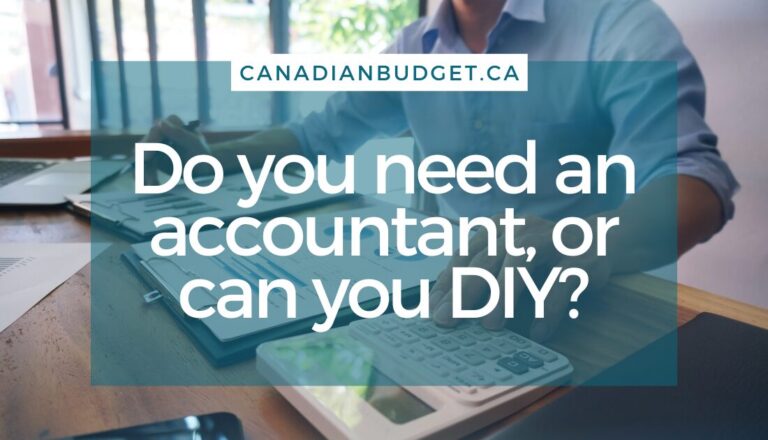
Do You Need an Accountant…
Guest Post by Karan Sachdeva of MultiTaxServices Doing taxes in Canada Money management often feels like one of those “I’ll...
Read More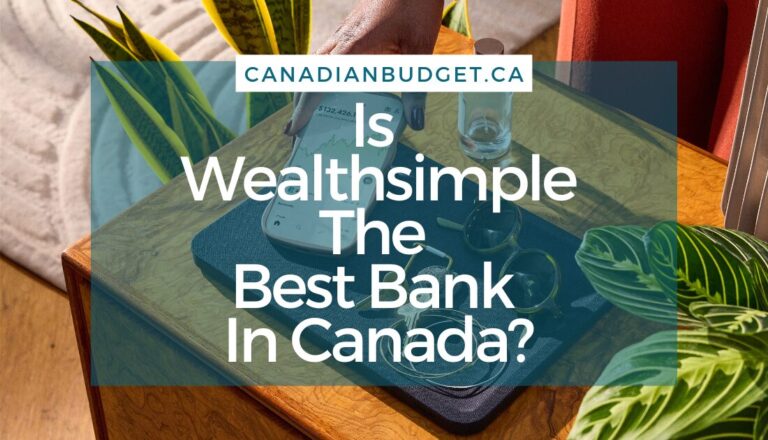
Why Wealthsimple Could Be the…
Wealthsimple Banking Review 2025: Best No-Fee Bank in Canada
Read More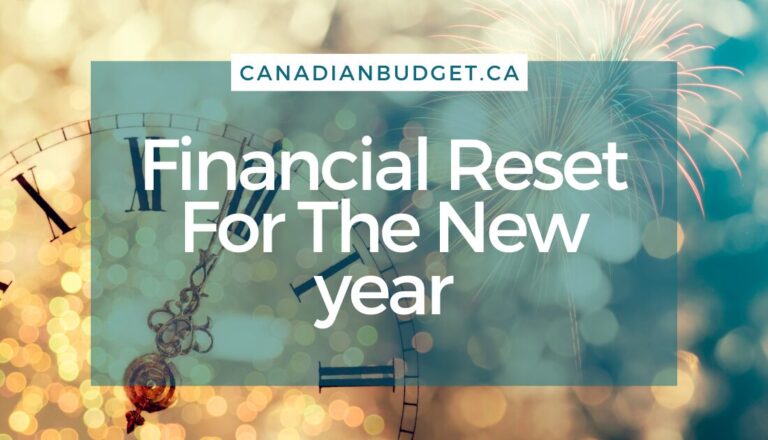
Financial Reset For The New…
How to Do a Financial Reset for the New YearAs the new year begins, it's the perfect time to take...
Read More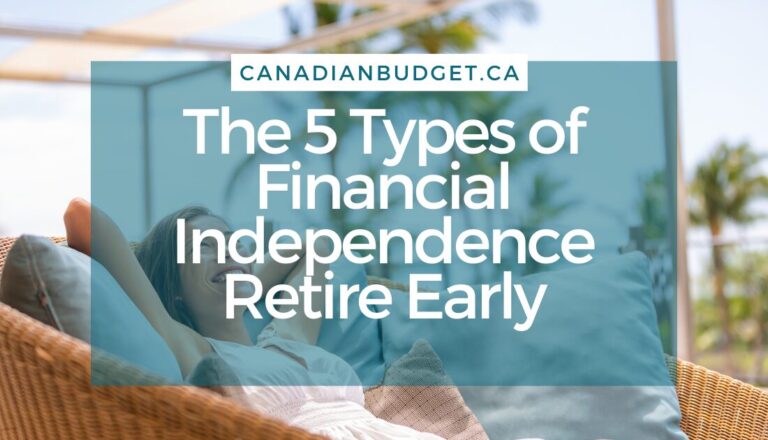
The 5 Types of Financial…
Starting your journey towards Financial Independence Retire Early (FI/RE) in Canada opens up possibilities for those eager to take control...
Read More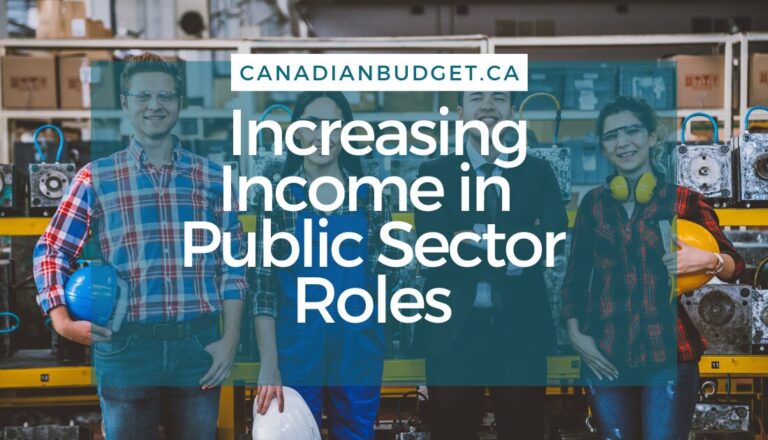
In a Public Sector role?…
Public sector roles, including those in schools and hospitals, make up approximately 21% of employment in Canada. That includes teachers...
Read More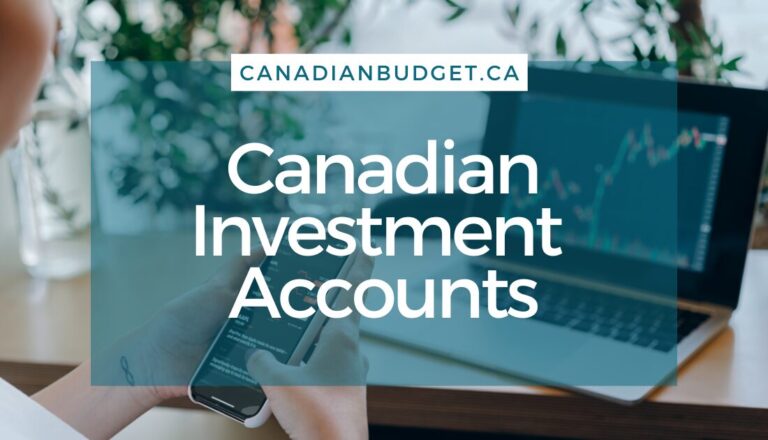
8 Canadian Investment Accounts To…
If you are new to investing, you might be wondering what the Canadian investment accounts are available, and which is...
Read More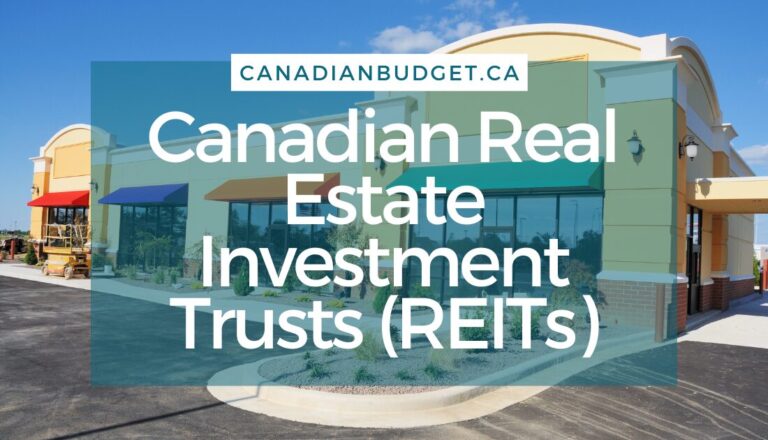
What Are Canadian Real Estate…
Canadian Real Estate Investment Trusts: What They Are and Should You Invest? Canadians have heard owning property was the path...
Read More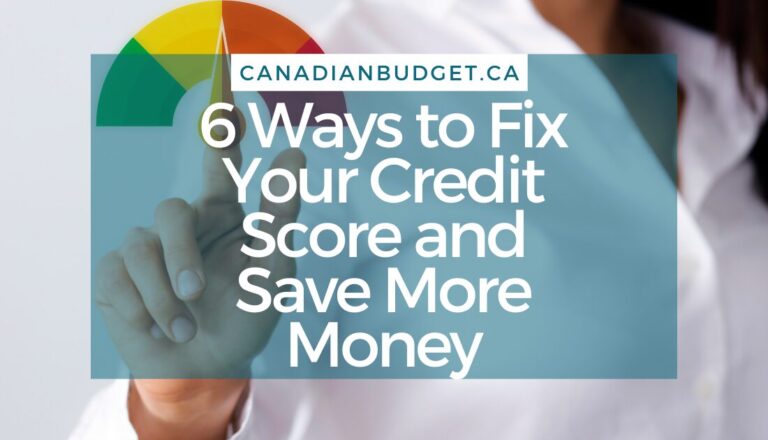
6 Ways Fixing Credit Scores…
Struggling with debt can significantly impact your financial well-being, especially if your credit score suffers. Fixing credit scores is important...
Read More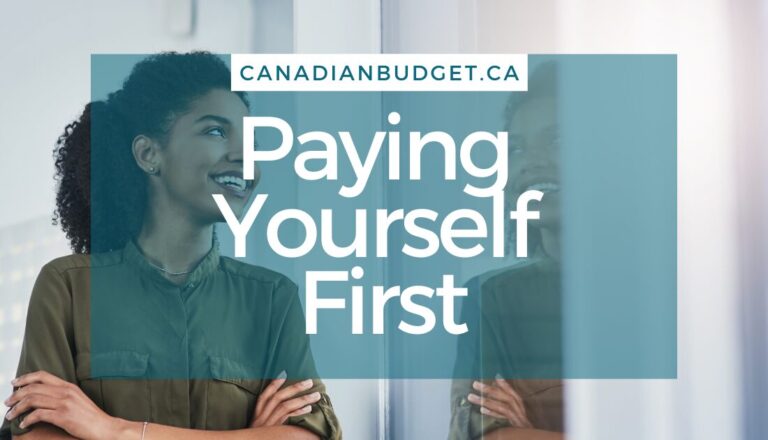
The Paying Yourself First Method
Taking control of your financial future starts with a simple yet powerful concept: paying yourself first. Shifting your money mindset...
Read More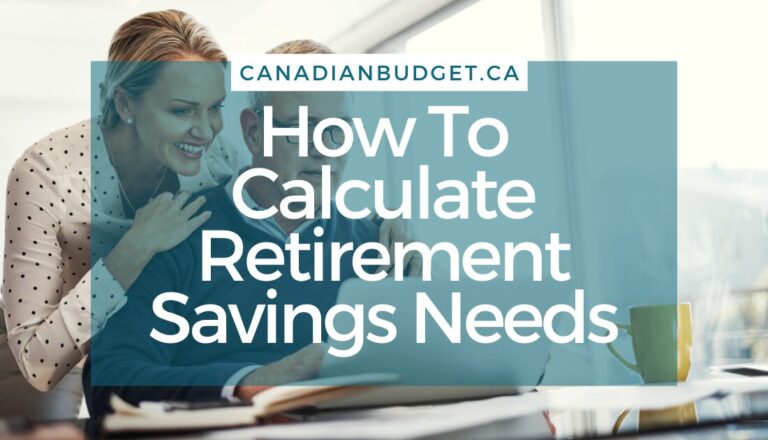
How to Calculate Retirement Savings…
When is a good time to calculate retirement savings needs? When retirement may be decades away it’s hard to think...
Read MoreAbout The Author
Jessica Morgan
Jessica Morgan is the founder and CEO of Canadianbudget.ca. She is passionate about personal finance and helping Canadians improve their financial literacy by providing more Canadian focused financial content. A millennial mom of one, she has a burning obsession with all things personal finance.
Jessica has a BA in East Asian Studies from York University and a Masters in Business Administration from Toronto Metropolitan University. She is a career public sector employee with a Hybrid Pension, and an advocate for Canadian women to improve their personal finance knowledge.
Jessica Morgan
Jessica Morgan is the founder and CEO of Canadianbudget.ca. She is passionate about personal finance and helping Canadians improve their financial literacy by providing more Canadian focused financial content. A millennial mom of one, she has a burning obsession with all things personal finance.
Jessica has a BA in East Asian Studies from York University and a Masters in Business Administration from Toronto Metropolitan University. She is a career public sector employee with a Hybrid Pension, and an advocate for Canadian women to improve their personal finance knowledge.

